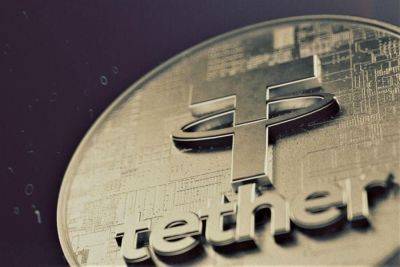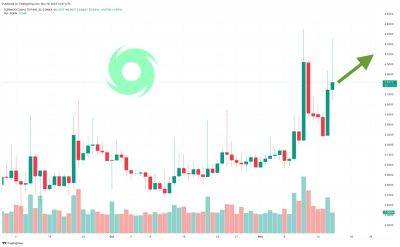A crypto exchange tackles CEX issues, pledges to share revenue with its users
For an extended period, centralized exchanges (CEXs) have played a pivotal role in cryptocurrency trading, offering traders dependability and robust liquidity. These platforms have been the go-to choice, with users trusting CEXs to safeguard their assets, appreciating user-friendly interfaces, and benefiting from an ever-evolving array of innovative features.
Yet, centralized exchanges are not without drawbacks, foremost among them being a lack of transparency. Users sometimes find themselves in the dark regarding the utilization of their funds and the inner workings of the exchanges. Moreover, CEXs introduce a potential single point of failure, as they are centralized entities that wield control over users' assets.
In light of these drawbacks, some users may prefer to use decentralized exchanges (DEXs). DEXs are more transparent and secure than CEXs, but they can be more difficult to use. The ultimate solution for users may be a platform that combines the reliability of CEXs with the autonomy of DEXs.
Phemex, a cryptocurrency exchange, is committed to providing an improved trading experience for its users. The exchange invests heavily in cutting-edge technology to create the optimal trading environment, empowering traders to succeed in the market.
Phemex sets itself apart by embracing reliable cryptocurrency trading within a decentralized framework and delving into the realms of Web3, transcending mere financialization.
To embrace a hybrid future and build a next-gen decentralized society, Phemex launched its semi-centralized platform model Phemexia, integrating decentralized elements into their existing CEX operations. The platform took a daring step by outlining its commitment to distribute a portion of its revenue to its
Read more on cointelegraph.com






















